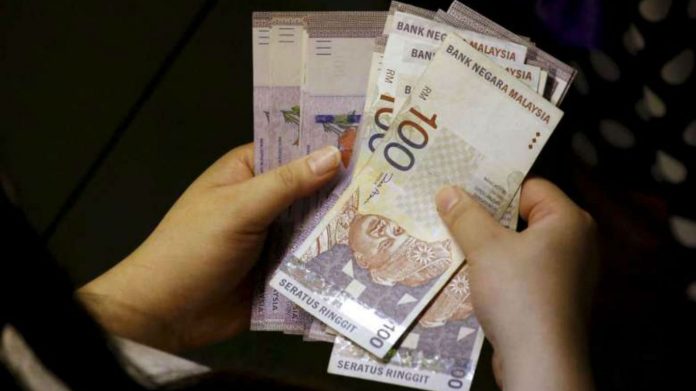A majority of Malaysians will still be earning less than the national average income even when the country achieves high-income status. Ensuring income equality will remain the challenge Malaysia faces, according to The World Bank. The World Bank anticipates that Malaysia could become a high-income nation as soon as 2020.
In its latest Malaysian Economic Monitor (MEM) released earlier this month, the World Bank estimated that the country’s gross national income (GNI) per capita will pass the high-income threshold of US$12,236 (RM49,923) sometime between 2020 and 2025. Still, more than half of Malaysians will be earning less than US$12,236 because the country’s distribution of income is skewed towards the rich.
The World Bank’s analysis of how soon the nation can achieve its high-income target will depend on various factors, including internal forecasts of gross domestic product (GDP) growth, the exchange rate and population growth. World Bank director for Malaysia, Thailand and regional partnerships Dr Ulrich Zachau pointed out that such a situation “is not unusual or unique to Malaysia”.
The MEM report stressed that the GNI is not a holistic indicator of a country’s overall development and should be complemented by other measures to analyse the well-being of a country’s citizens. “Prosperity is not only about money or income, but about achieving human aspirations,” Zachau said.
Meanwhile, World Bank highlighted that lower-income households experience a disproportionately larger impact from rising inflationary pressures. “The poorest 10% of Malaysians spend almost 70% of their income on food and housing alone,” said Zachau, noting that increases in the cost of living have affected the urban poor the most. Referring to the 2016 Household Expenditure Survey Report, the MEM highlights a marked unevenness in household expenditure across income brackets. Urban households especially face higher food price inflation than those in rural areas. (see chart)
As such, the World Bank recommends prudent macroeconomic policies to control inflation not just to safeguard financial stability but also to ensure inclusion. Zachau commented that Malaysia’s growing economic prosperity has presented opportunities for deeper structural reforms. These reforms include measures to increase productivity for enhancing competition, especially among government-linked companies, he said. Sound macroeconomic management should be continued to address the critical skills shortage, as well as create equal job opportunities for lower-income groups in order to sustain robust economic growth, Zachau also said.
The World Bank has revised upward its 2017 GDP growth forecast to 5.8% from 5.2%, citing that Malaysia’s accelerated economic growth so far this year had been supported by strengthening domestic demand and improved labour market conditions. This will be followed by continued robust economic growth of 5.2% in 2018 and above 5% 2019, Zachau added, citing broad-based domestic and external demand as catalysts. Any significant downside will relate mostly to unforeseen changes in the external environment, he noted. Meanwhile, domestic risks include high household-debt and federal contingent liabilities.
This article appeared in The Edge Markets




















